Eskander, a UK-based dentist says maximum time one should leave their teeth unbrushed is 24 hours
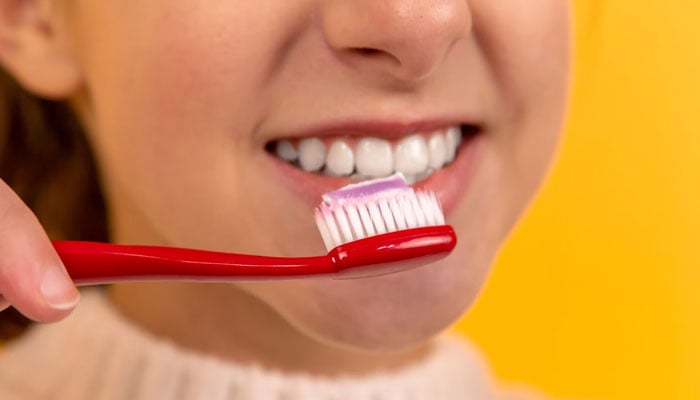
People are likely to skip brushing their teeth in various scenarios including rushed mornings, late nights, travelling or simply out of neglect but did you know that the impact of this act is worse than you could imagine?
According to Dr Rhona Eskander, a dentist based in the United Kingdom, the maximum time one should leave their teeth unbrushed is 24 hours after which “plaque buildup becomes significant, increasing the risk of dental issues.”
If you leave you do not brush your teeth, you “may experience extensive tooth decay, gum disease, tooth loss, chronic bad breath, and significant oral pain. In extreme cases, untreated dental issues can even impact overall health,” says Eskander.
Here are a few gruesome problems you might experience if you neglect brushing your teeth.
Plaque buildup
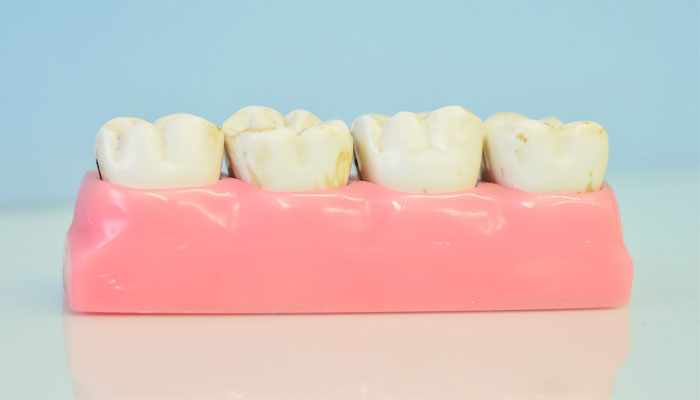
Skipping the toothbrush allows bacteria in your mouth to feed on food particles, produce acids and prompt Tartar buildup leading to hardened dental plaque. This can only be removed by a dental professional, according to Eskander.
“Within hours, plaque begins to form on your teeth,” she says. “Plaque is a sticky film of bacteria that can lead to cavities and gum disease. Within a day or so, without brushing, you may notice a fuzzy feeling on your teeth, indicating the buildup of plaque.”
She added that flossing which should be done “once a day” can help ensure every part of your tooth is kept free from plaque as it removes food particles between teeth that “brushing alone can’t reach.”
Bad breath
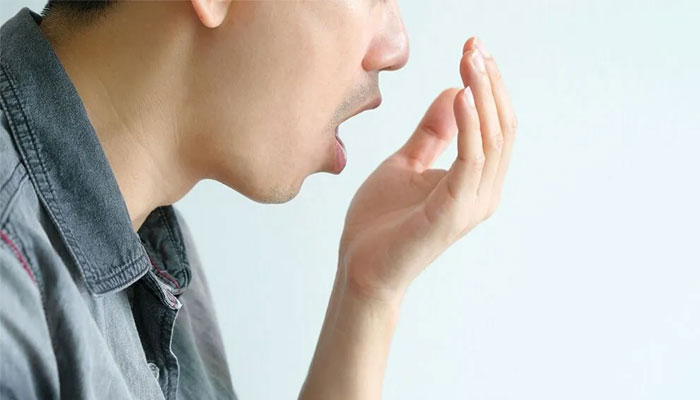
Avoiding minty-fresh toothpaste, you may develop bad breath as bacteria in the mouth “release odorous compounds when they break down food particles, according to Eskander
To detect if your breath is stout, perform a simple “lick and sniff” test.
Eskander explained: “Lick the inside of your wrist, let it dry for a few seconds, and then smell it. If it has an unpleasant odour, you may have bad breath. Another method is to use dental floss between your back teeth, sniff it, and check for any foul odour.”
She adds that maintaining good oral hygiene and staying hydrated can help prevent bad breath.
Stained teeth
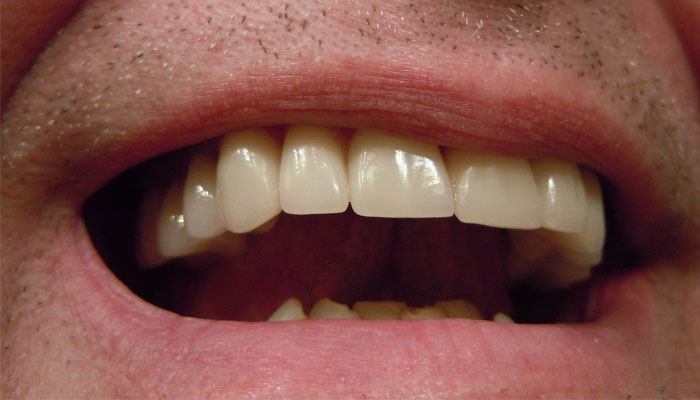
Eskander stresses brushing your teeth for maintaining pearly whites, as “stains from food, beverages, and tobacco” can accumulate quickly, leading to “tooth discolouration”.
Factors like tooth enamel health and oral hygiene can influence the severity of staining.
“Generally, immediate staining may occur with foods and drinks like red wine, coffee, tea, berries, and dark sodas,” she said, adding that significant staining may take a few days to become noticeable so regular brushing and dental cleanings can help minimise these stains.
Gum disease, tooth loss
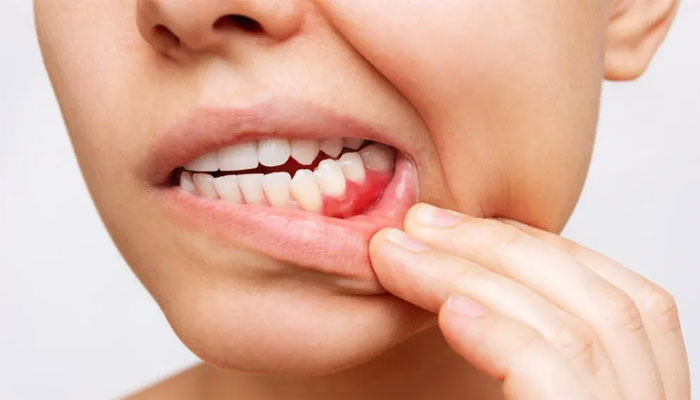
Regular tooth brushing can increase the likelihood of long-term gum disease, as untreated plaque can lead to gingivitis, an early form of gum disease, according to Eskander.
She said: “If left unchecked, it can progress to periodontitis, leading to tooth loss.”
Symptoms of gum disease include swollen, red, or sore gums, bleeding gums during brushing or flossing, and receding gums, causing teeth to look longer.
Other symptoms include persistent bad breath, pus between gums and teeth, changes in partial denture fit, loose teeth, and painful chewing.
The dental expert emphasised seeing a dentist “promptly” noting that early intervention can prevent gum disease from progressing to more severe stages.

